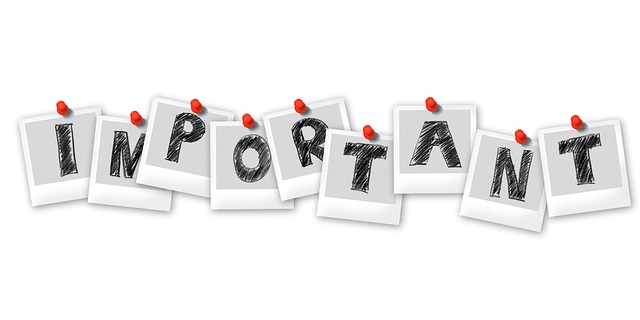Introduction: Why Supply Chain Transparency Matters More Than Ever
In today's global marketplace, customers and businesses demand clear visibility into a product's journey – from its source to the final delivery. Traditional supply chains often operate in silos, creating blind spots that can hide unethical practices, counterfeit goods, or logistical bottlenecks. This lack of transparency erodes trust and efficiency. Blockchain technology offers a powerful solution.
Understanding Blockchain: The Basics
Think of blockchain as a shared, tamper-proof digital ledger distributed across many computers. Transactions (like the movement of goods) are recorded in 'blocks'. Each new block is cryptographically linked to the previous one, forming an unchangeable 'chain'. This distributed and encrypted structure ensures data integrity and makes unauthorized changes virtually impossible.
How Blockchain Enhances the Supply Chain
By providing a single, shared source of truth, blockchain enables significant improvements across the supply chain:
- End-to-End Traceability: Track products meticulously from origin to consumer, verifying authenticity at each step and combating counterfeits.
- Verified Provenance: Reliably document a product's history, confirming ethical sourcing, compliance standards, and quality claims.
- Increased Efficiency: Streamline processes using smart contracts for automated actions like payments upon delivery confirmation or instant customs clearance, reducing delays and administrative overhead.
- Enhanced Security: Securely share critical data among permissioned partners, protecting sensitive information while preventing fraud.
Real-World Examples: Blockchain in Action
Imagine tracking premium coffee beans. Each step – farming, processing, roasting, shipping, retail – is recorded on the blockchain. A simple QR code scan allows consumers to instantly verify the coffee's origin, certifications (like Fair Trade), and journey, fostering trust and brand loyalty. Similarly, pharmaceutical companies use blockchain to track sensitive drugs, preventing counterfeiting and ensuring safe delivery.
Key Benefits of Adopting Blockchain

- Strengthened trust and collaboration among supply chain partners.
- Significant reduction in fraud, errors, and counterfeit goods.
- Improved operational efficiency and reduced logistical costs.
- Easier compliance with industry regulations and standards.
- Greater real-time visibility and control over supply chain events.
Challenges and Important Considerations

Despite its potential, implementing blockchain involves challenges:
- Scalability: Ensuring the network can handle high transaction volumes efficiently.
- Interoperability: Making different blockchain systems and legacy systems work together seamlessly.
- Data Privacy: Balancing transparency with the need to protect confidential business data, often requiring permissioned blockchains.
- Cost and Complexity: Initial investment and the need for partner collaboration and technical expertise.
- Evolving Regulations: Navigating the changing legal and regulatory landscape surrounding blockchain technology.
Conclusion: Shaping the Future of Supply Chains
Blockchain is fundamentally reshaping supply chains, paving the way for more transparent, resilient, and ethical operations. While challenges exist, the benefits of enhanced trust, efficiency, and security are compelling. Businesses that strategically adopt blockchain can build stronger customer relationships, mitigate risks, and secure a significant competitive advantage in the evolving global economy.
